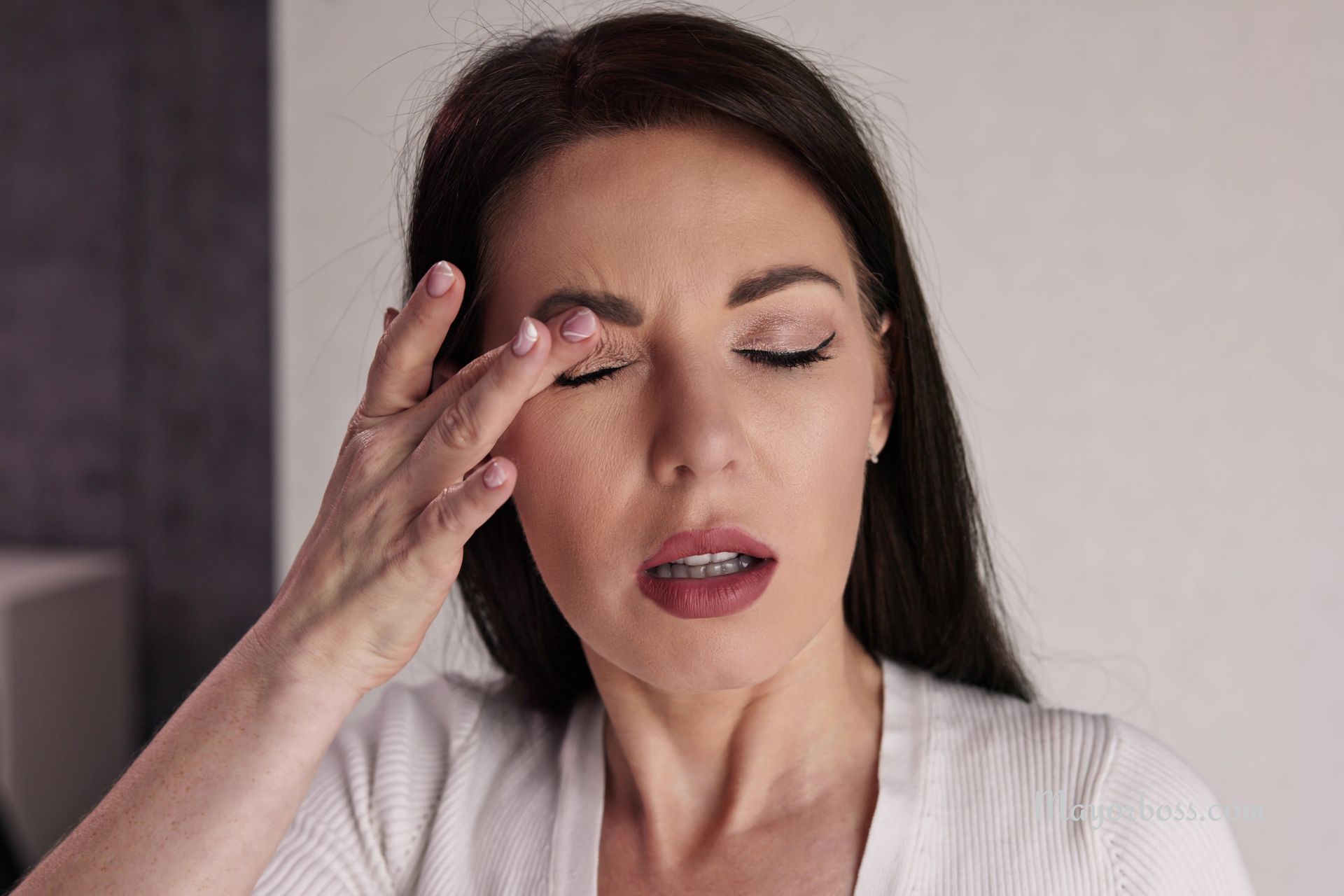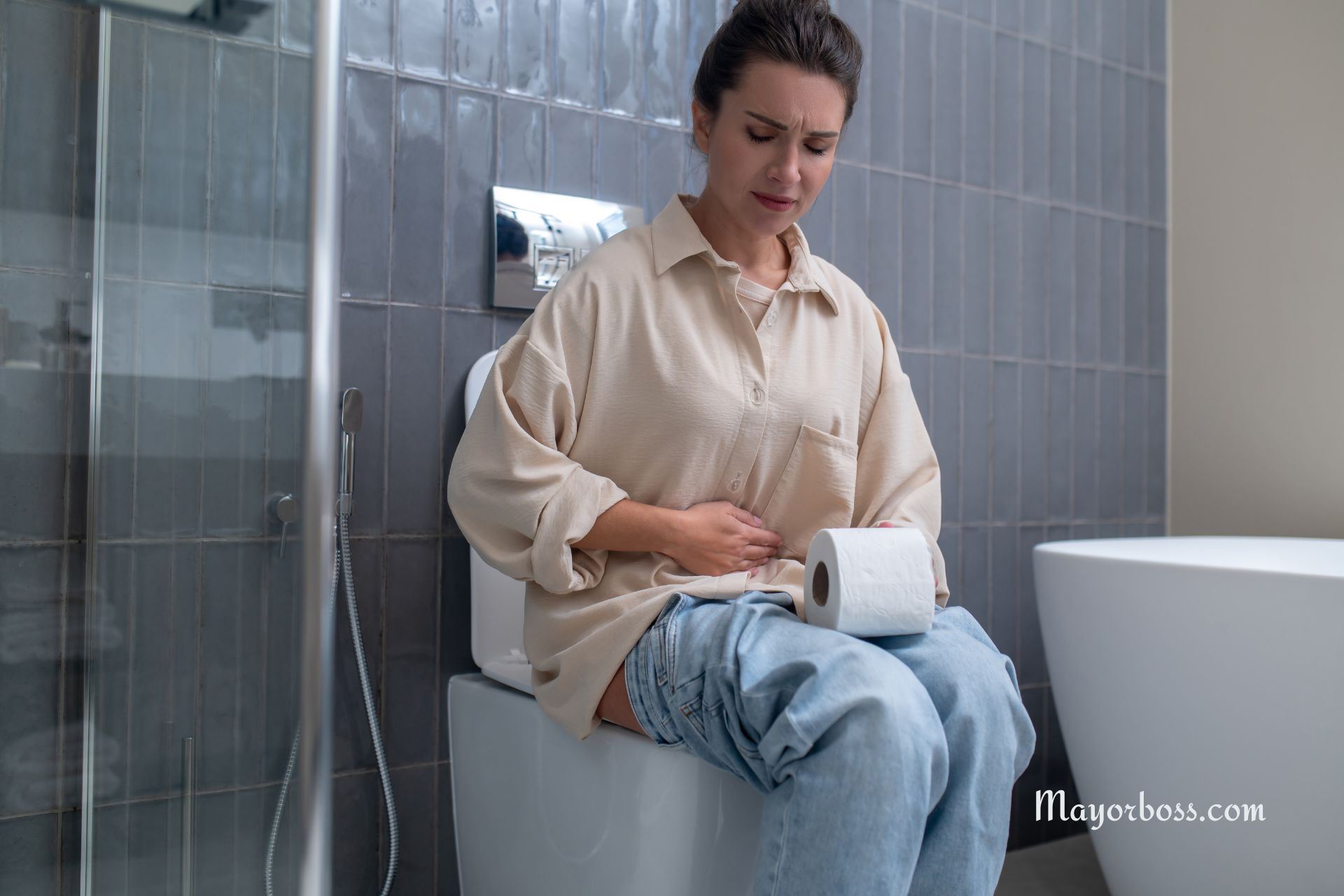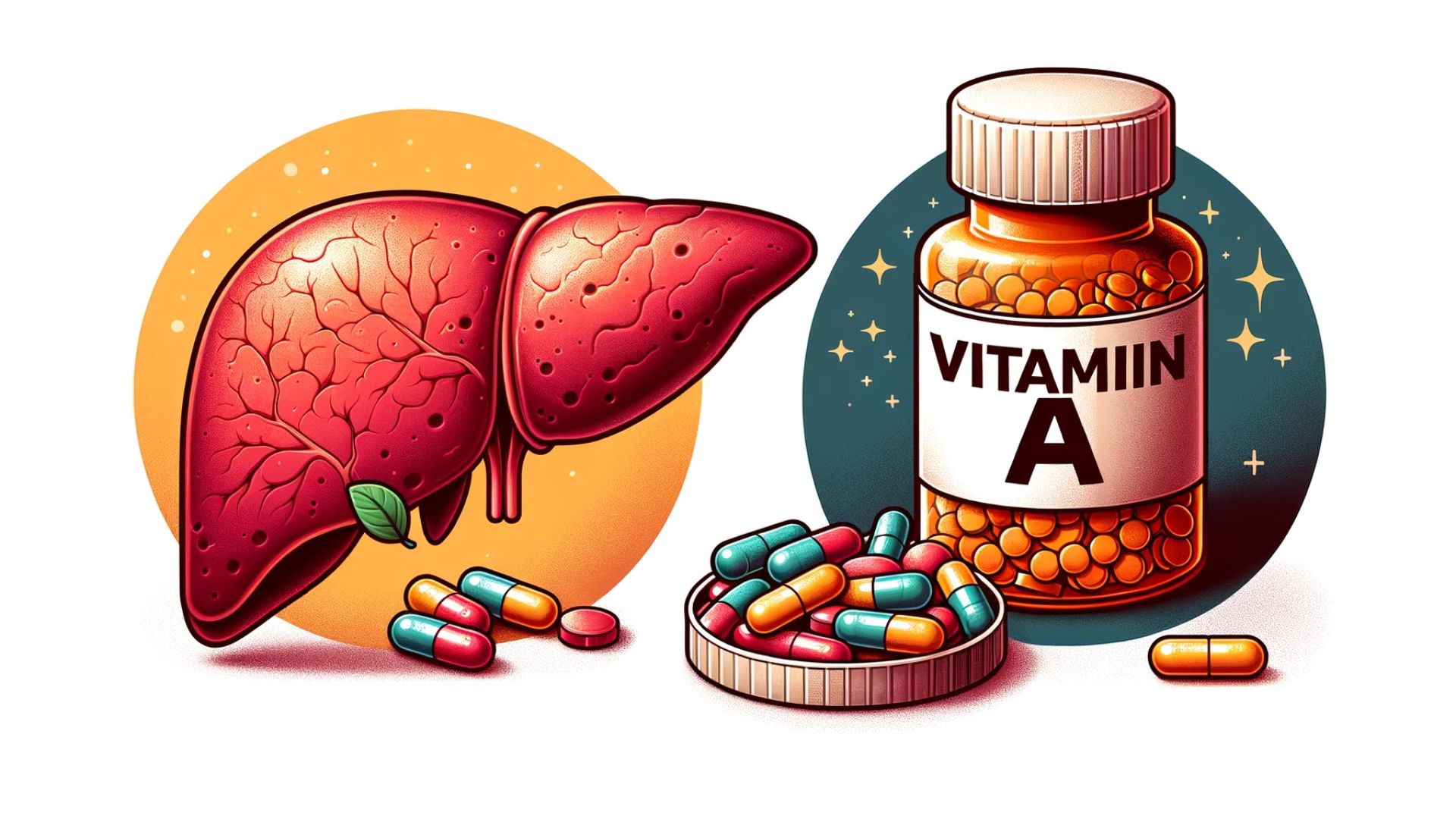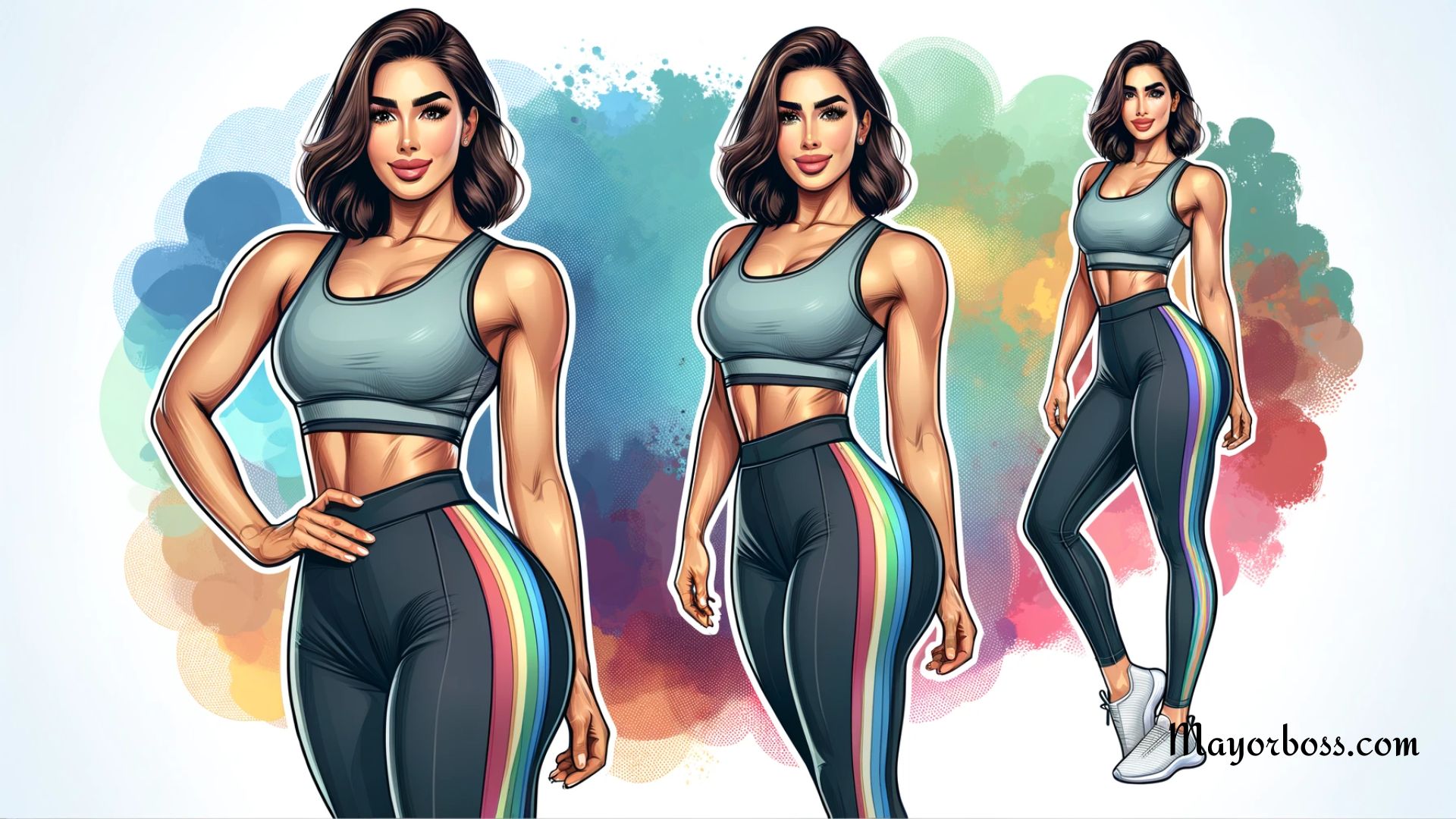Tiredness, Dizziness, and More: The Vague Stroke Signs Young People Need to Know
Strokes are often seen as something that only happens to older people. But young people can have strokes too. Having a stroke is merely as severe as having a heart attack. Spotting the signs early and acting quickly can help improve how you recover, even if the symptoms seem unclear or vague. Some signs of a stroke are well-known, like numbness or difficulty speaking. However, there are other symptoms that might happen in younger people that you should know about. Here’s what to watch for.

Extreme Tiredness or Fatigue
Feeling tired or worn out happens to everyone now and then. But if you suddenly feel very tired and it doesn’t go away after a good rest, it could be more than just being busy. A stroke can cause extreme tiredness, even if you’ve had enough sleep. This tiredness might make it hard to focus or do your usual activities. If you feel unusually tired along with other symptoms like dizziness or trouble thinking, you should talk to a doctor.
Dizziness That Doesn’t Go Away
Dizziness is a common feeling, but when it happens suddenly and without a clear reason, it can be a sign of a stroke. If you feel lightheaded, dizzy, or unbalanced, especially if it happens out of nowhere, it’s important to pay attention. This feeling might make it hard to walk or keep your balance. If dizziness happens with other symptoms like weakness or trouble seeing, call a doctor right away.
A Sudden, Severe Headache
A sudden, very bad headache can happen to anyone, but if it comes on quickly and is much worse than any headache you’ve had before, it could be a stroke. You might feel dizzy, nauseous, or have trouble seeing clearly with this kind of headache. If you suddenly feel this intense pain, especially with other signs, don’t wait—talk to a doctor.
Changes in Vision
Your vision can sometimes get blurry, or you might see double, especially if you’re tired. But if these changes happen suddenly and for no clear reason, they could be symptoms of a stroke. If you lose vision in one or both eyes or notice any other vision changes, it’s important to see a doctor right away.
Trouble Speaking or Understanding
A stroke can affect how your brain works, which means you might have trouble speaking or understanding what others are saying. If you suddenly can’t find the right words or feel confused about what someone says, it could be because of a stroke. This can be a hard symptom to spot, but if it happens with any other signs, it’s important to get help.
Weakness or Numbness in Your Face, Arm, or Leg
One side of your body might feel weak or numb if you have a stroke. You might feel this in your face, arm, or leg. Sometimes this can feel like a muscle cramp, but if it happens suddenly or with other symptoms, it could be a stroke. Don’t ignore it—get checked by a doctor.
What to Do If You Think Someone Is Having a Stroke
If you or someone you know shows any of these signs, get help right away. The faster you get medical help, the better the chance of a good recovery. Don’t wait for the symptoms to go away on their own. Time is very important when it comes to strokes.
You can use the BE FAST rule to remember the signs of a stroke:
- Balance: Feeling dizzy or losing your balance.
- Eyes: Trouble seeing in one or both eyes.
- Face: One side of your face drooping or feeling numb.
- Arms: Weakness or numbness in one arm or leg.
- Speech: Trouble speaking or understanding what others say.
- Time: If you see any of these signs, call 911 right away.
Takeaway
Strokes might seem rare in young people, but they do happen. If you feel extremely tired or dizzy or notice changes in your vision or speech, it could be a sign of a stroke. Don’t ignore these signs—get help quickly. The faster you act, the better the chance of getting better. Always trust your feelings and talk to a doctor if something feels wrong.






